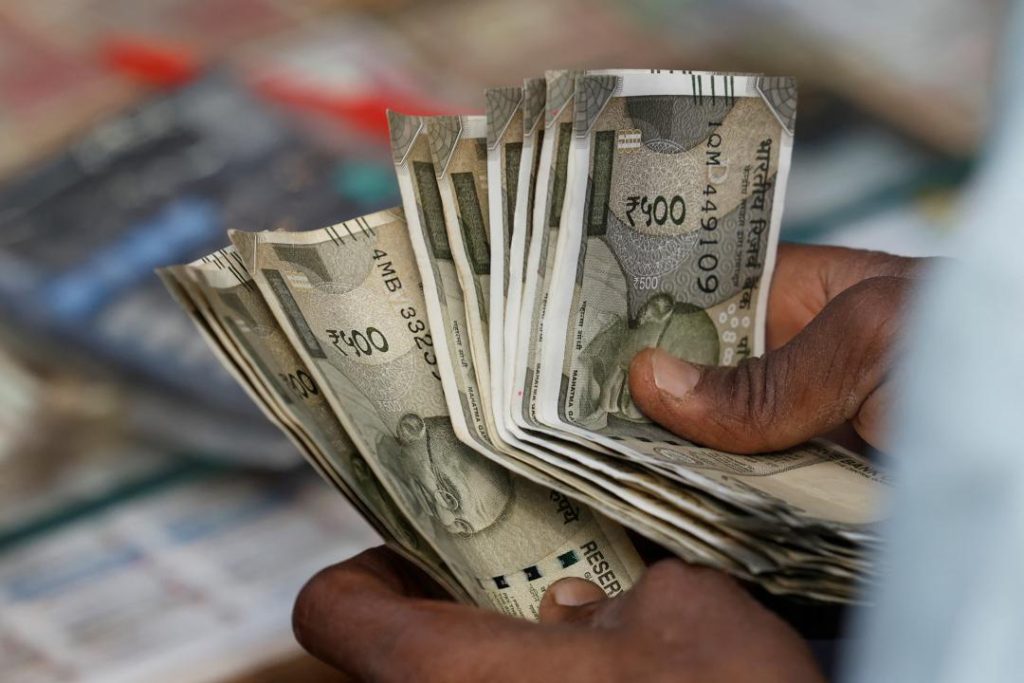
What Got Cheaper & Costlier in March as CPI Falls to 67-Month-Low of 3.34%?
In a recent announcement, the Ministry of Statistics and Programme Implementation has revealed that India’s retail inflation, as measured by the Consumer Price Index (CPI), has fallen to a 67-month-low of 3.34% in March. This significant drop is attributed to a decline in prices of essential commodities such as eggs, vegetables, and pulses, which have seen considerable declines in March.
According to the data released by the Ministry, the prices of eggs, which had seen a surge in recent months, witnessed a significant decline of 14.1% in March. This is a welcome relief for consumers who had been grappling with the increasing cost of eggs. Similarly, the prices of vegetables and pulses also saw a notable decline, with prices of vegetables dropping by 12.1% and pulses by 11.3%.
Other commodities that saw prices drop marginally in March include spices, meat, fish, housing, recreation, and amusement. These sectors saw a decline of 0.1-1.1% in prices, providing some respite to consumers.
However, not all commodities saw prices decline. Fruit prices saw a significant jump of 11.4% in March, which is likely to have an impact on consumers who rely on fruits as a part of their daily diet.
On the other hand, prices of cereals, milk, oil, sugar, confectionery, clothing, snacks, sweets, pan, tobacco, footwear, fuel, and health and education saw marginal rises. These sectors saw an increase of 0.1-2.8% in prices, which is relatively insignificant compared to the declines seen in other commodities.
The fall in CPI to a 67-month-low is a welcome development for the Indian economy, which has been grappling with low economic growth and high inflation in recent years. The decline in prices of essential commodities is likely to provide some relief to consumers, who have been burdened by increasing costs of living.
The Ministry of Statistics and Programme Implementation has attributed the decline in CPI to a decrease in prices of food items, particularly vegetables, pulses, and eggs. The decline in food prices has been driven by a combination of factors, including a good harvest, improved supply chain management, and a decline in global commodity prices.
The fall in CPI is also a result of the government’s efforts to improve the supply chain and reduce wastage of food grains. The government has been implementing various schemes to increase the availability of food grains in the market, which has helped to reduce prices.
The decline in CPI is also likely to have a positive impact on the overall economy. Low inflation is likely to encourage consumption and investment, which can help to boost economic growth. Additionally, low inflation can also reduce the burden on the government’s finances, which can help to reduce the fiscal deficit.
In conclusion, the decline in CPI to a 67-month-low is a welcome development for the Indian economy. The decline in prices of essential commodities such as eggs, vegetables, and pulses is likely to provide some relief to consumers, who have been burdened by increasing costs of living. The government’s efforts to improve the supply chain and reduce wastage of food grains have been instrumental in driving down prices, and it is likely that these efforts will continue to benefit consumers in the future.





